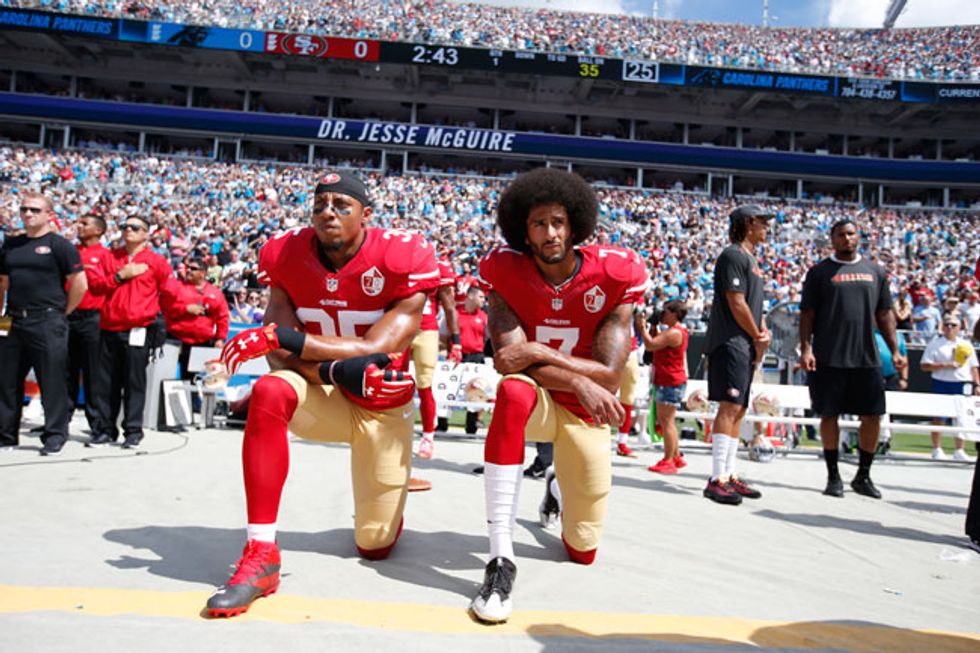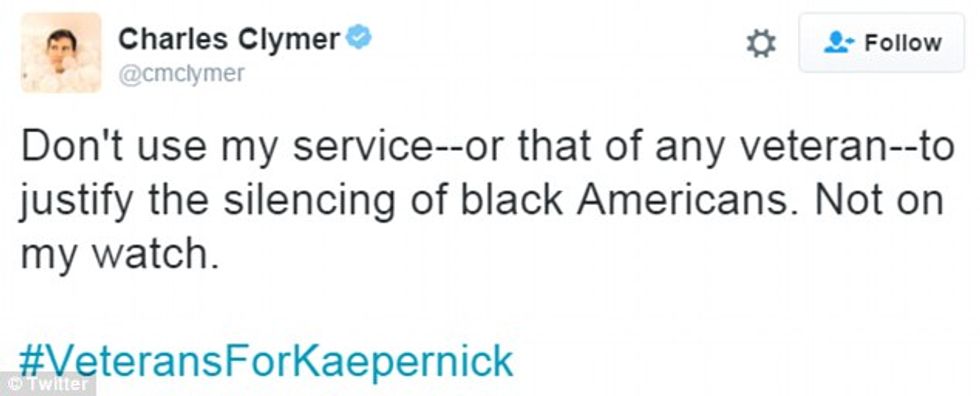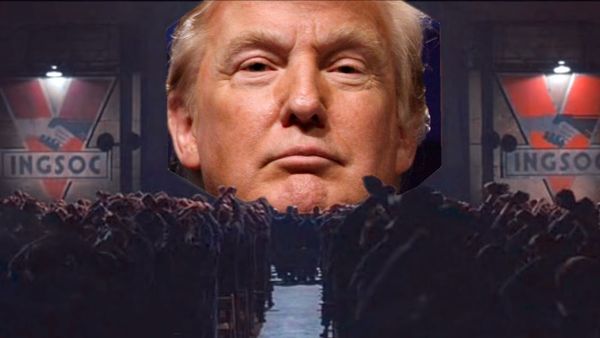Dear Ms. Wojewodzic,
You recently wrote a piece about professional athletes uniting by kneeling at the national anthem. I must say, while it was an interesting, multifaceted, and provocative piece, it is necessary that we address the ideas present within it so as to progress the conversation in a responsible manner.
In the opening paragraph, you write, “If there's one thing you'll see over and over on any social media outlet these days, at any time of the day or on any news channel, it's professional athletes uniting by kneeling at the national anthem.” I highlight this part because not only is it incorrect grammatically (one cannot kneel at the national anthem, they kneel during the national anthem as the national anthem isn’t a location nor object but an event) but also the meaning of the sentence changes when the prepositions do. They’re different and this difference is important. Something else you write in your opening paragraph is, “…it's such a terrible sight to see: our nation failing to come together in a peaceful manner yet again.” I agree, but I must ask: How is our nation failing to come together in a peaceful manner? What is not peaceful about professional athletes kneeling during the anthem? More specifically, how do you define peaceful? Who is not peaceful in your scenario? In the process of answering these questions, you may find that your argument changes.
I thank your brother, everyone in your family, and not in your family who have served or are currently serving in any branch of the military. Without their courage and bravery, we could not have this dialogue. I genuinely believe that the reason they are fighting is so that the professional athletes can kneel for what they believe in, which is a claim you make yourself later in the piece: “My brother, his brothers, his best friends, are overseas right now fighting for your right to kneel during this supposedly respectable song,” although, it does reads sarcastically; is the song not in fact respectable? Did you mean to include “supposedly”? It confuses the reader as to your positio. I also disagree, Ms. Wojewodzic, with your claim, “But what some people are doing diminishes all of the work and soul they put into fighting for this country.” On the contrary, I think that professional athletes kneeling during the national anthem for what they believe in gives value and meaning to the dedication people like those in your family put forth to defend this country and its core beliefs.
You posit that Colin Kaepernick is setting an example for today’s youth in the “WORST” possible way, but what alternatives do you suggest? When writing a piece like this, it’s important to offer suggestions for better outcomes. Because you do not offer any, you are not advancing the issue but instead “adding fuel to the fire” for a lack of better phrase—you’re the writer, tell the reader what to do, feel, and think. This relates to the next point when you write, “This country is built on democracy and free speech, but why spread hate speech?” The sentence is vague and is too general. How does this relate to the topic at hand? When formulating an argument, it’s imperative that you bring up things that are unique to the opposing side, not both, which some may argue is not the case.
Later in the piece, you write, “Call it what you want. I dare you to talk to any veteran and any active military member and you are 100% entirely disrespecting the flag and all that comes along with it.” I think I know what you are trying to say and I would say to be careful when making a claim like this. I say that because the reason Colin Kaepernick decided to kneel during the anthem instead of sit was because of a conversation he had with a veteran, which brings me to my final point.
There is research rooted in psychology that describes what is happening in the kneeling debate and it’s called “switchtracking”, whereby someone gives a critique about something, and the reaction to that critique changes the subject. That is exactly what is happening: Kaepernick started sitting, and then kneeling, because of police brutality and racial inequalities present in our society. The public, mostly conservative, reaction to this critique has changed the subject. It was never about the flag, Ms. Wojewodzic. So, when you write, “I believe kneeling at the anthem is the most unpatriotic thing I've seen in eighteen years of living… By kneeling you are not only disrespecting the national anthem and the people that died for it, but the people that are currently fighting for you,” you’d probably be right if that was the conversation was about, but it isn’t. You are changing the conversation because it is not the goal of Kaepernick and other protesting to be patriotic, it’s to address the systemic issues related to race inequity in the US. So, to answer your question, “Will any of this ever stop?”, the answer is unfortunately no if we do not address the concerns of those kneeling (as they brought up their concerns first, in the most American way possible, which is peaceful protest) and then address the concerns brought up by those who oppose, which seems to confuse many people. But can you blame them?
Hope this helps in moving the needle.
Best,
J. Austins





















